
In our Sunday newsletter, we, as editors, reflect on the past seven days. Here’s everything we published, and underneath is our selection:
Dutch coastal regions collaborate on a North Sea Hydrogen Corridor
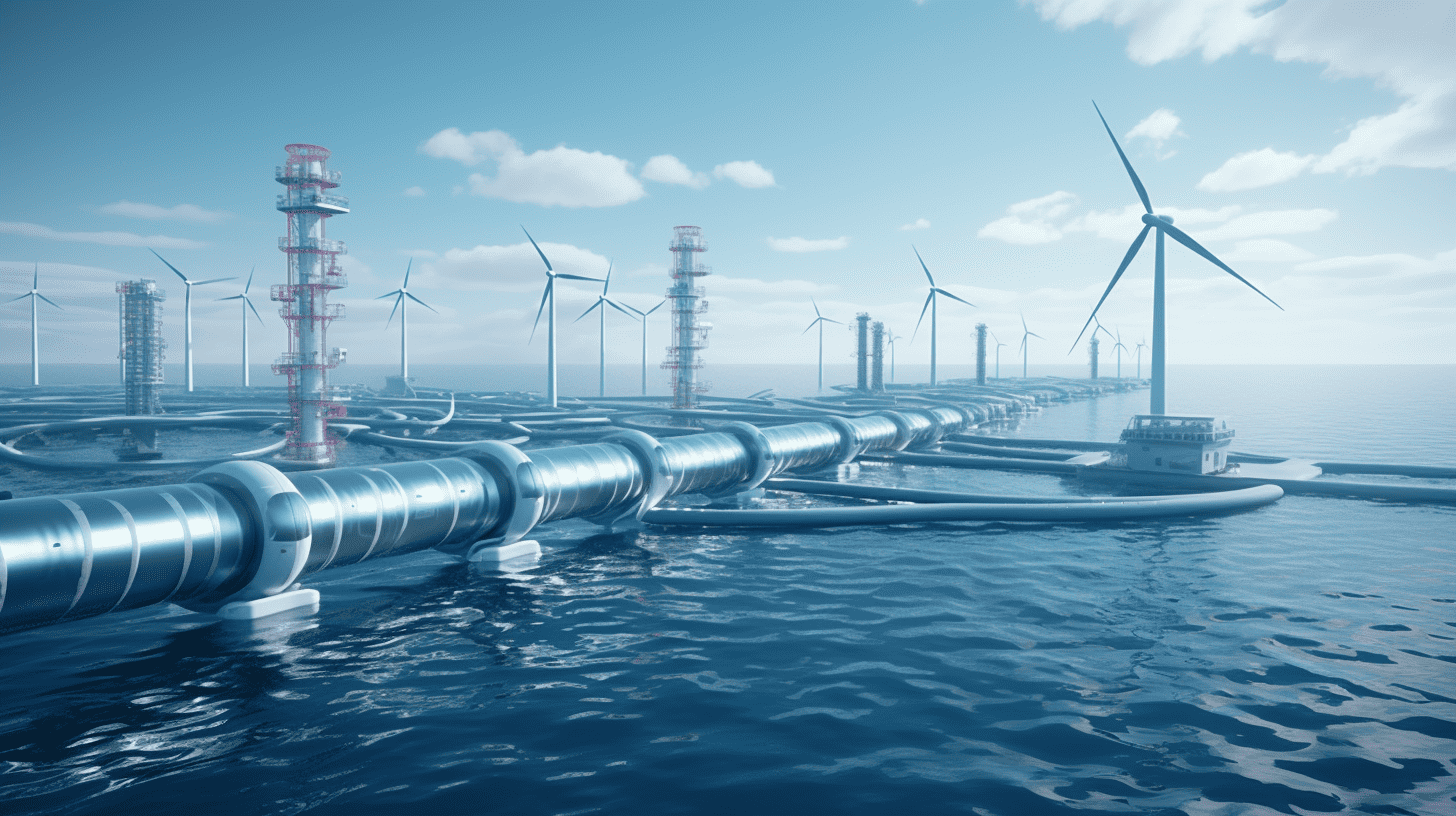
Four Dutch coastal regions collaborate on a North Sea Hydrogen Corridor. The corridor aims to be part of the energy transition. The Dutch Regions ask the European Commission to become part of the RePowerEU plan. LINK
Innovative magic Solar Team Twente: the connecting force
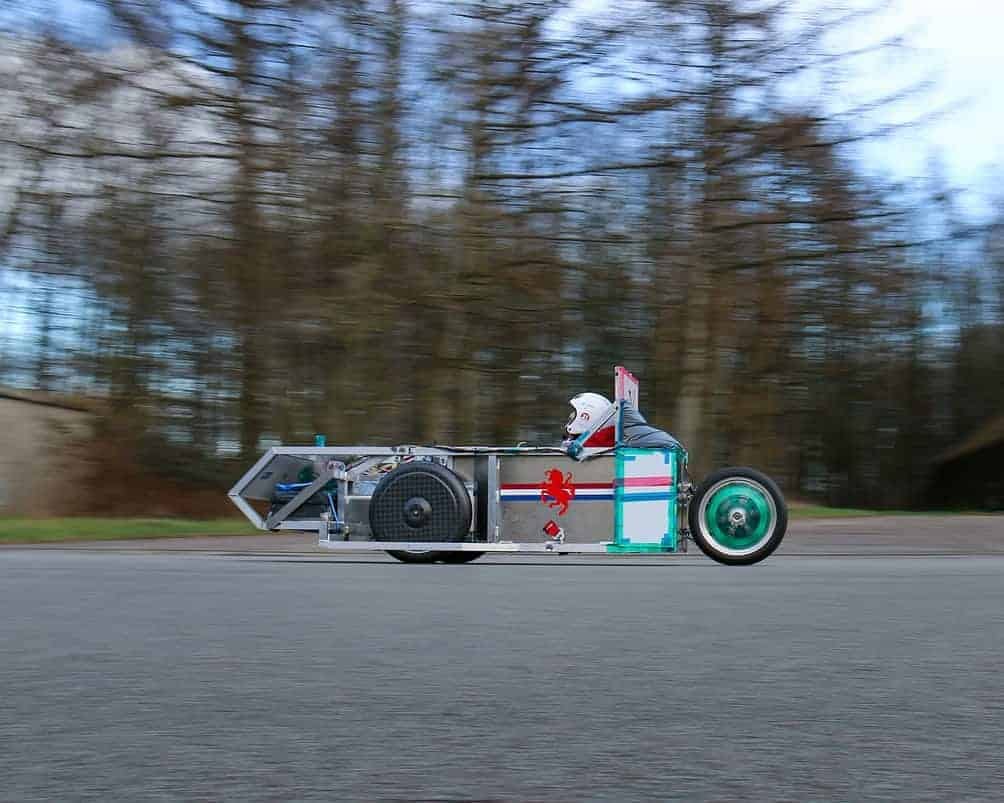
Each time a different discipline within the team takes center stage in our stories, with this time the connecting marketing and communications team. Read about innovation being not just about technology. Innovative breakthroughs occur precisely at the intersection of disciplines: “This is where the magic happens.” LINK
No drones, no high-speed trains, no autonomous shuttles, the future belongs to cars and bikes
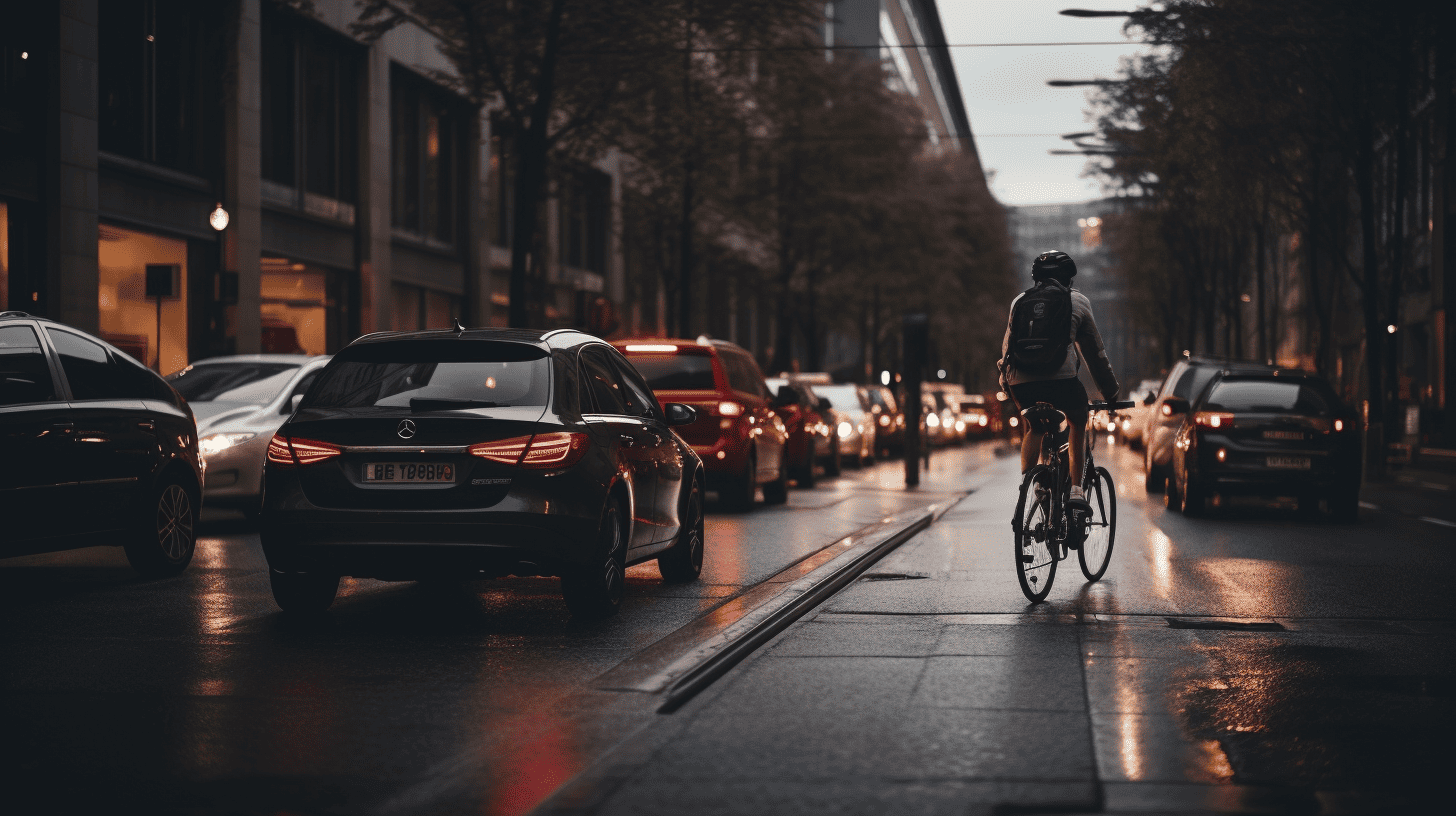
Carlo van de Weijer argues for more emphasis on technological innovations around traffic and transport: “We are innovating our way out of the crisis.” What this means for mobility? People have an intrinsic need for mobility: well over an hour daily. The future of mobility will continue to revolve mainly around the car. The government would do well to improve the infrastructure for bicycles further. That is more effective than more Public Transportation. LINK
Athens combats the heat: the city’s innovative response to rising temperatures
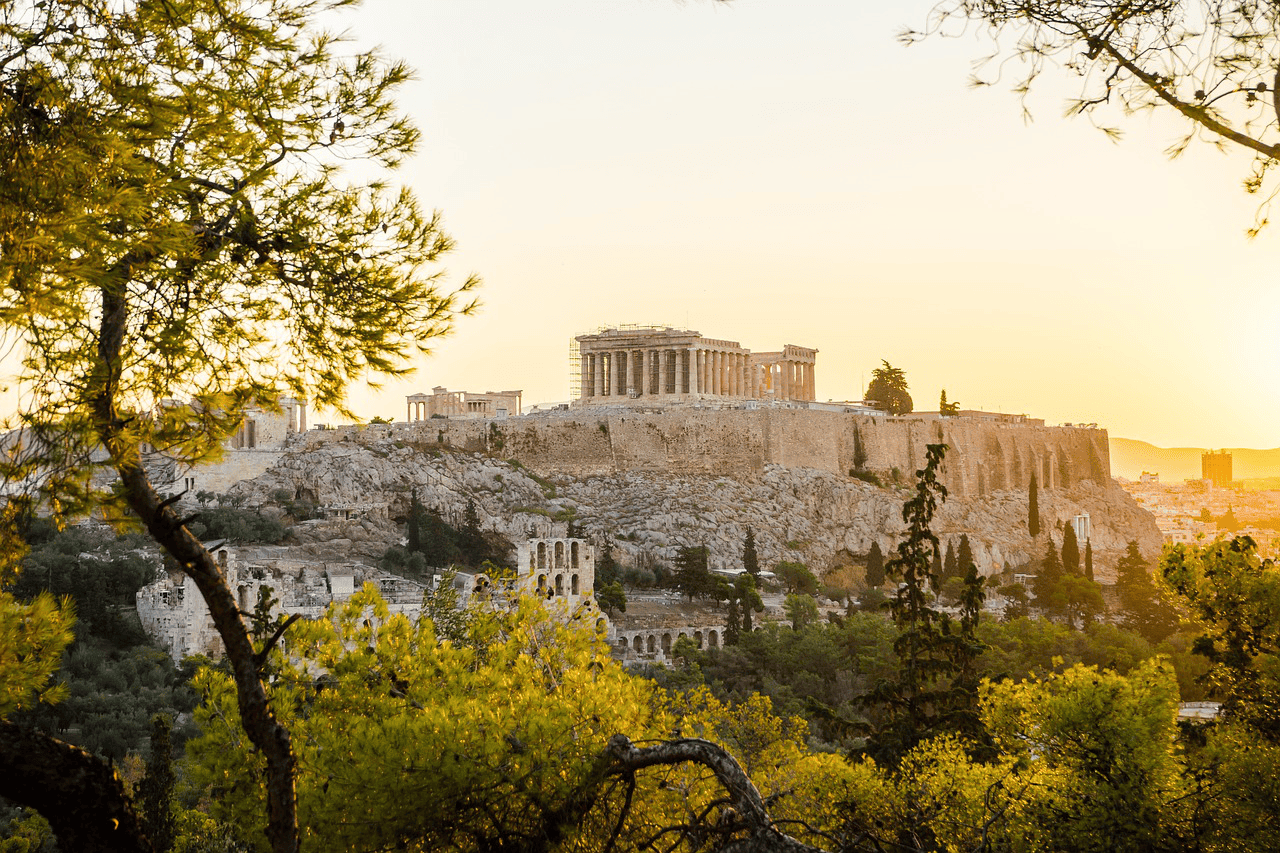
Athens is taking steps to combat urban heat. The city is increasing its green and blue infrastructure, creating pocket parks, and renovating a Roman aqueduct. A mobile app guides citizens and visitors through the coolest walking routes. LINK
Cancer pill AOH1996 shows promise in annihilating all solid tumours
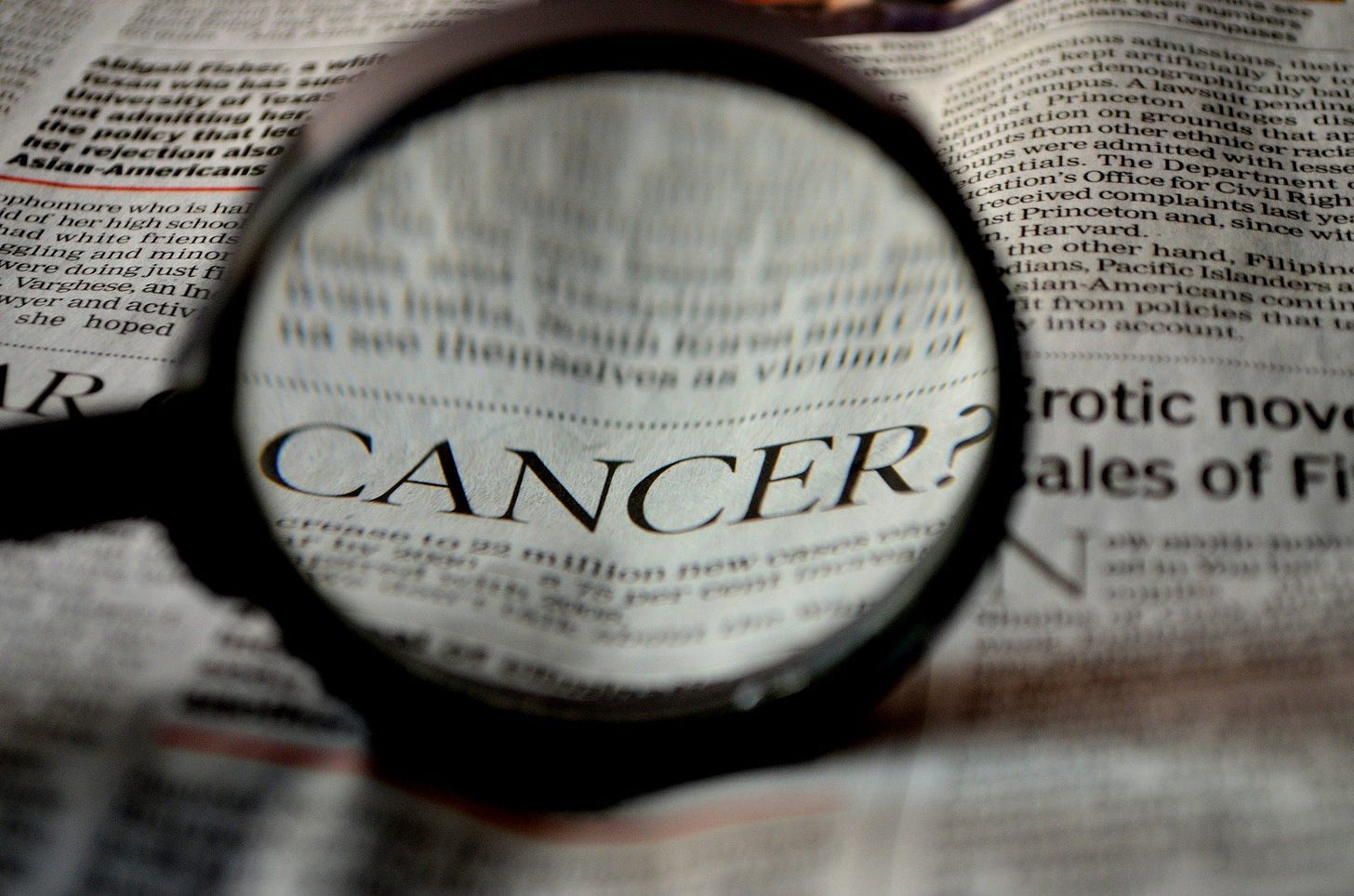
AOH1996 is a promising new anti-cancer drug developed by City of Hope that targets PCNA to stop cancer cell replication. Preclinical research shows AOH1996 is effective against many cancer types and can enhance other therapies with minimal toxicity. City of Hope has now started Phase 1 clinical trials to evaluate AOH1996’s efficacy and safety in human cancer patients. LINK
How digital twins can help turning an urban oven into an oasis
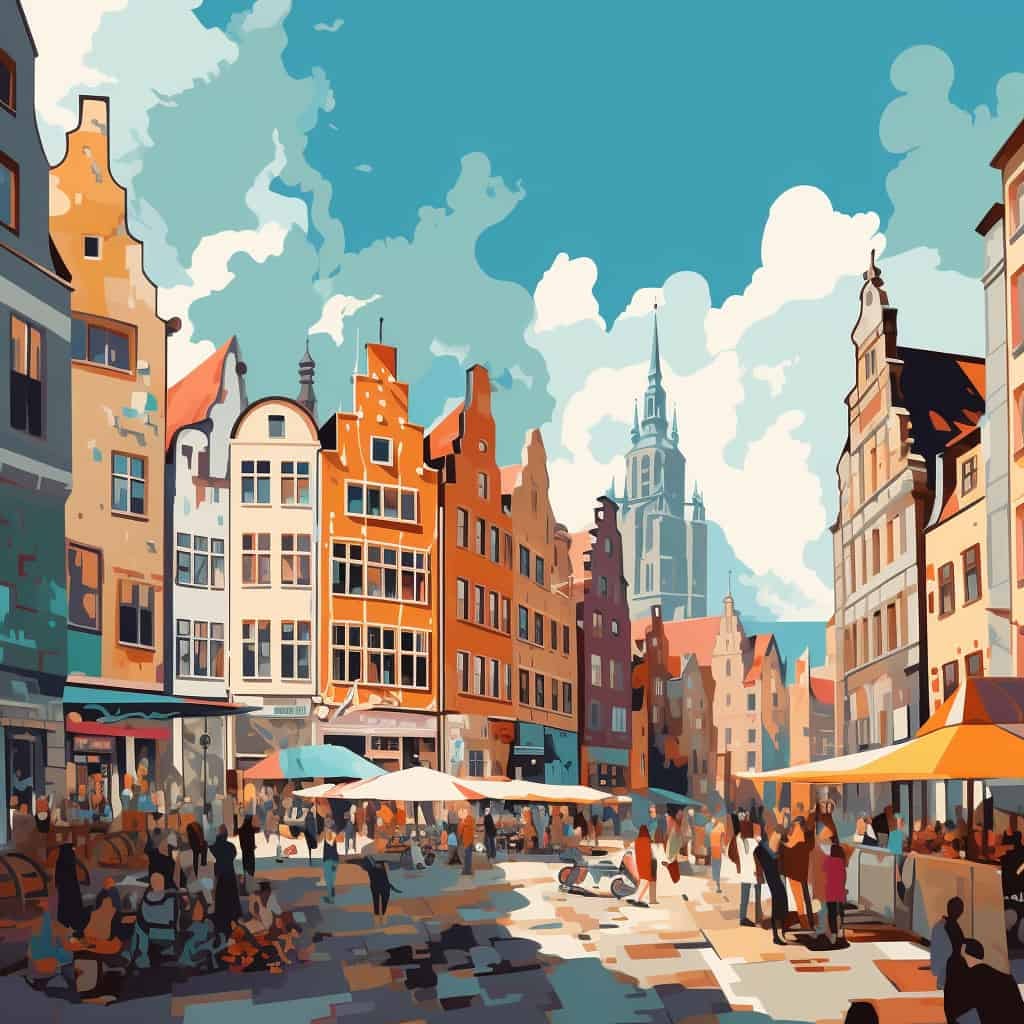
Digital twins play a crucial role in cooling down urban areas and combating extreme heat in European cities. They help urban planners, architects, and government authorities create detailed 3D representations of cities. LINK
Hyperloop history in the making: Europe’s first full-scale test track in operation
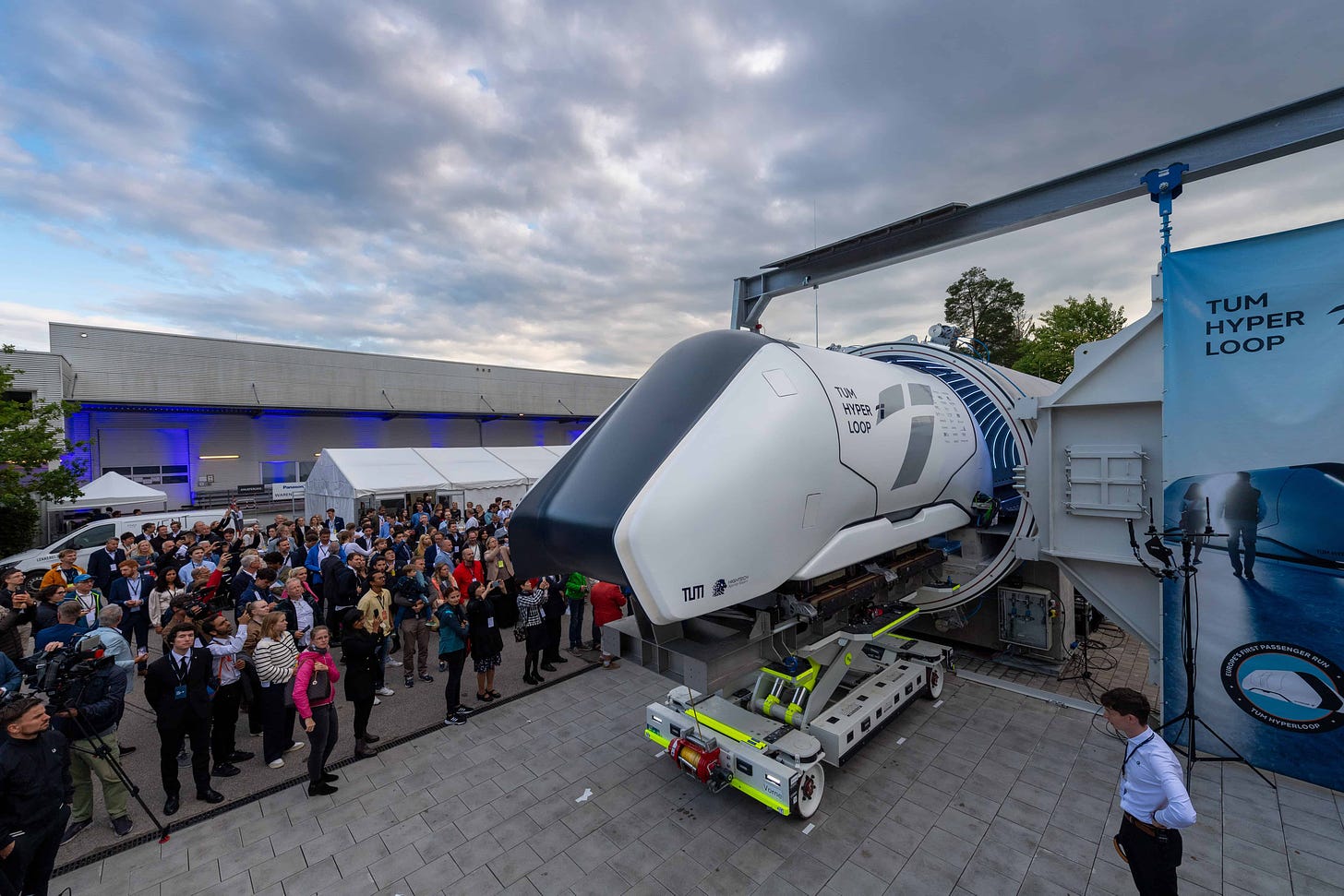
Europe’s first certified full-scale Hyperloop test track is operational, developed by TUM for sustainable and high-speed travel. The successful test run with a passenger pod in vacuum conditions marked a milestone, and the focus is on refining drive, levitation, and vacuum behavior. Hyperloop technology offers the potential for sustainable and fast transportation, facing challenges but garnering global efforts for future implementation. LINK
The dawn of lightweight solar panels: a game changer in renewable energy
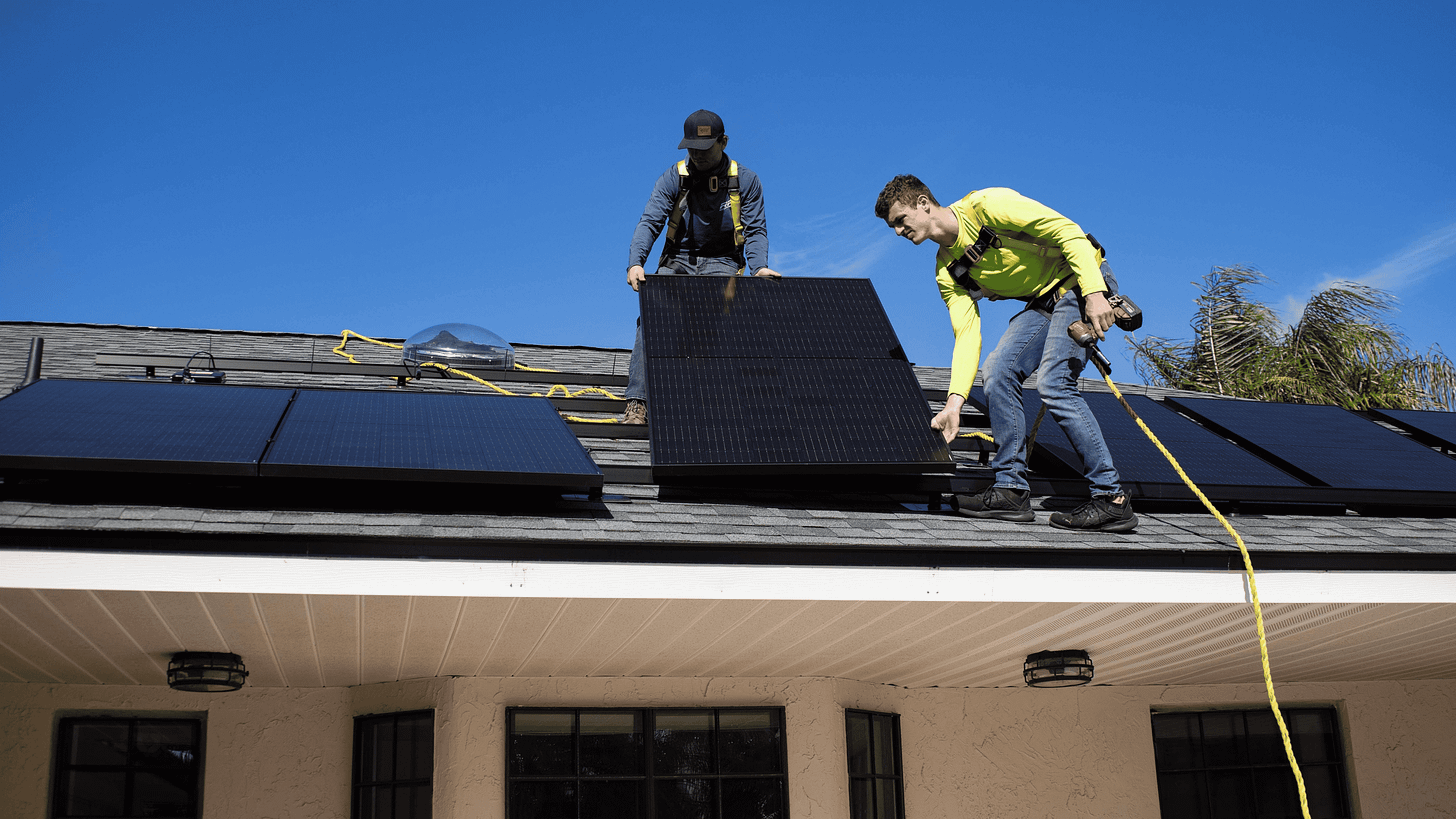
Lightweight solar panels allow for harnessing sunlight, where it’s not possible with conventional photovoltaic (PV) cells. Not all buildings can bear the weight of standard solar modules. Currently, lightweight solar panels are still too expensive and have a lower efficiency than “heavier” ones. LINK
Fraunhofer builds a simulation model to counter the earth’s climate collapse
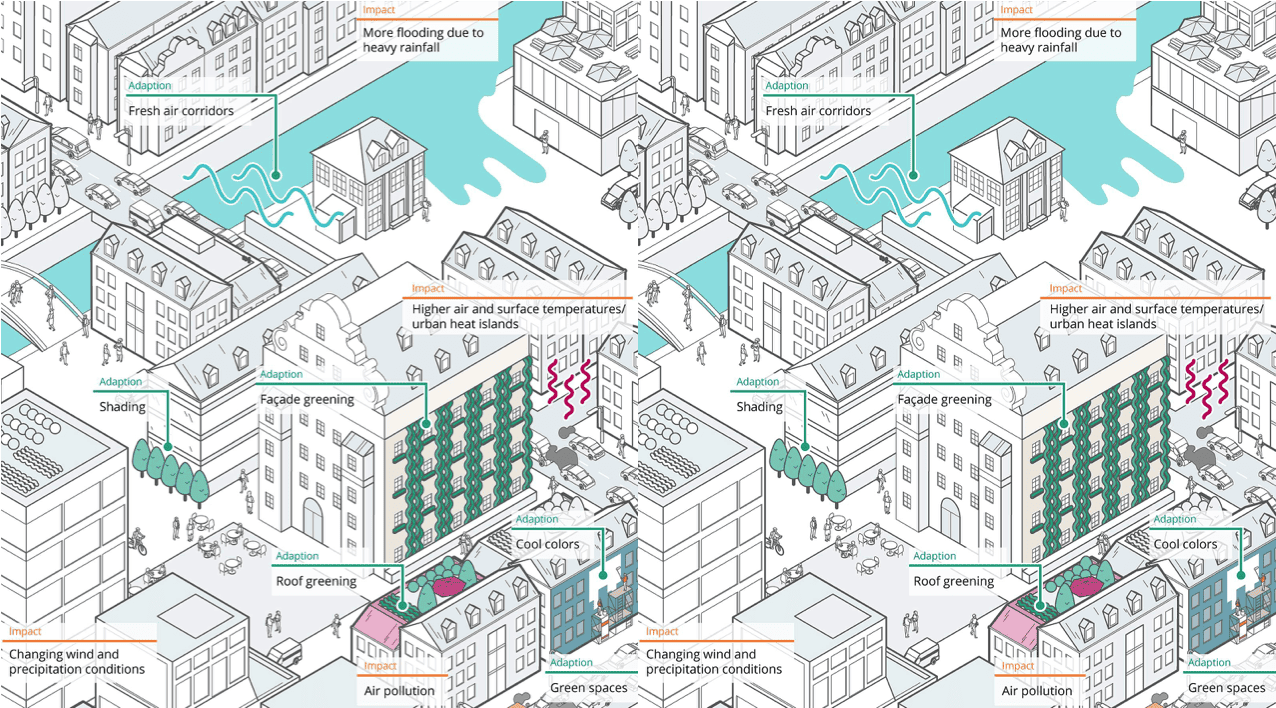
Fraunhofer researchers developed a simulation model to understand the tipping points that could lead to a climate collapse. The model combines complex Earth system processes like ice melt, permafrost thaw, and monsoon dynamics. It allows testing intervention strategies to prevent crossing catastrophic tipping points that would accelerate climate change. LINK







